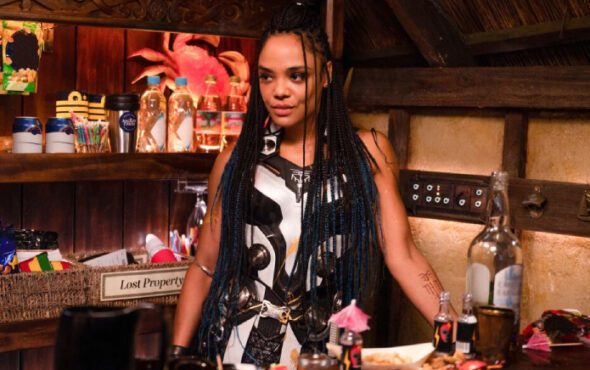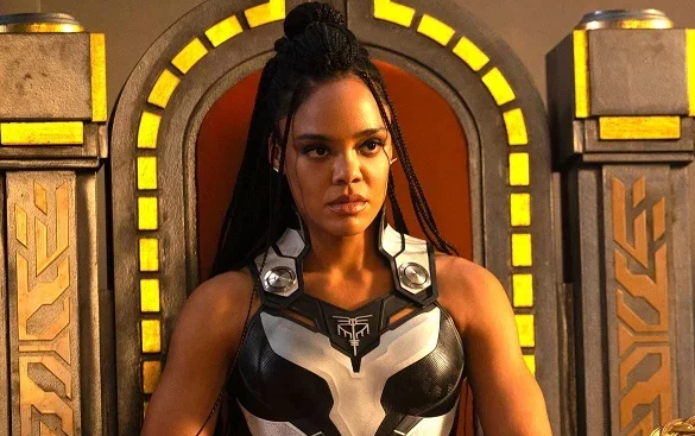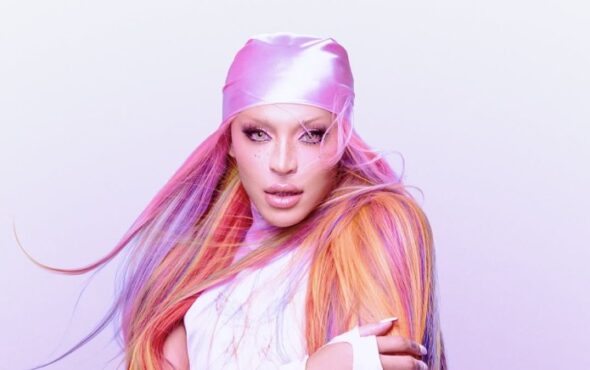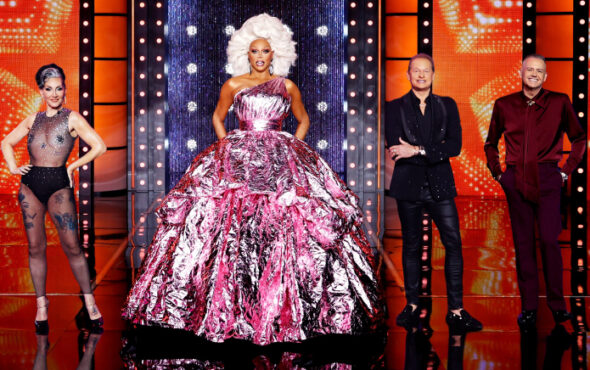
Tessa Thompson has been announced as the lead for Nia DaCosta’s Hedda.
According to The Hollywood Reporter, the actress will star as Hedda Gabler in an “epic and visceral reimagination” of Henrik Ibsen’s renowned 1891 play of the same name.
It will mark Thompson and DaCosta’s second collaboration after the 2018 crime drama Little Woods, which received universal critical acclaim.
Widely considered one of the most iconic dramatic roles in theatre, Hedda Gabler has been played by a variety of notable stars including Ingrid Bergman, Diana Rigg, Isabelle Huppert, June Brown, Kate Burton, Kate Mulgrew, Fiona Shaw, Maggie Smith, Jane Fonda, Annette Bening, Rosamund Pike and Cate Blanchett.
The play follows the character, the daughter of the “great” General Gabler, who is trapped in a dull and loveless marriage with a cultural historian.
Hedda will be DaCosta’s fourth feature film after Little Woods, Candyman (2021) and the forthcoming Marvel Cinematic Universe film The Marvels (2023).
Earlier this year, Thompson reprised her role as Bianca Taylor in Creed III. The sports-drama, which stars Michael B. Jordan as the titular boxer, smashed the box office and currently ranks as the sixth highest-grossing film of 2023.
Since rising to fame with a main role in Veronica Mars (2005-2006), Thompson has starred in a plethora of critically and commercially successful films such as When a Stranger Calls (2008), Dear White People, Selma (both 2014), Sorry to Bother You, Annihilation (both 2018), Sylvie’s Love (2020) and Passing (2021).
The latter earned her a BAFTA nomination for Best Actress.

Marvel
Since 2017, she’s starred as Valkyrie in the MCU films Thor: Ragnarok (2017), Avengers: Endgame (2019) and Thor: Love and Thunder (2022).
After Ragnarok cut a scene confirming the character’s bisexuality, Love and Thunder made it canon after she flirts with one of Zeus’ (Russell Crowe) handmaidens and Korg (Taika Waititi) reveals that her girlfriend “died in battle”.
In an interview ahead of the blockbuster’s release, Thompson said the portrayal of her queerness was a “big topic of conversation”.
“We talked about it a lot,” she told Yahoo. “Because I think rightfully there’s this real want in audiences to see characters be very clearly queer or LGBTQIA inside these spaces. And I think it’s hugely important to have representation.”
Thompson, who is openly queer, added: “And also as humans I think that we are not defined by our sexuality, and by who we love. And so sometimes I think to hang a narrative completely on that is a way of actually diminishing the humanity of the character. Because you don’t allow them to be anything else.”



